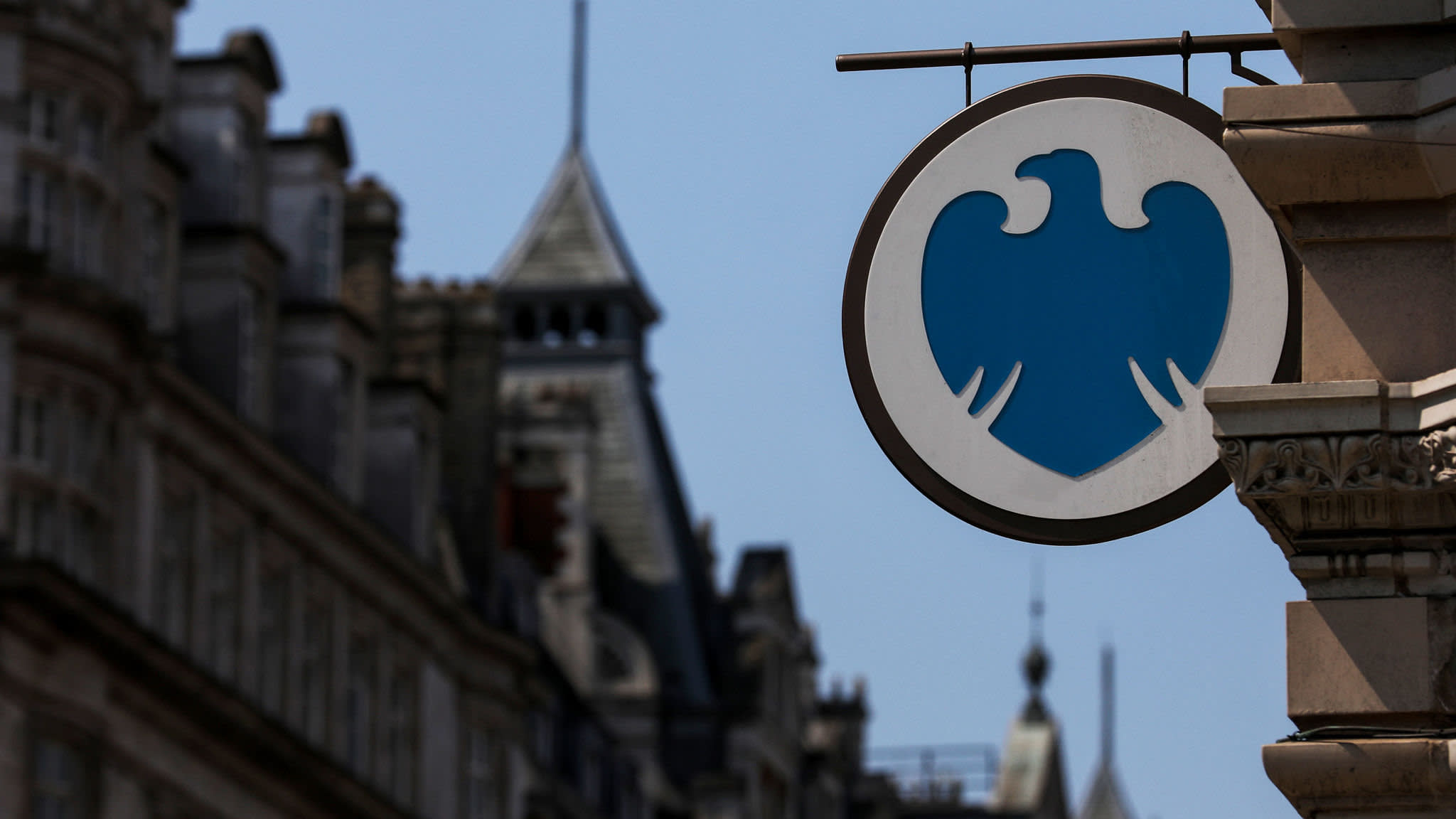
Activist investors seek to put their mouth where their money is. But Barclays shareholders have told Edward Bramson he may not do the former, having failed to do the latter.
At their annual general meeting on Thursday, 87.2 per cent of investors who voted opposed Mr Bramson becoming a boardroom mouthpiece for those who think Barclays should shrink its investment bank. For many of them, the reason was that Mr Bramson had not used his own money to take his own 5.5 per cent stake — he had borrowed $ 1.4bn from Bank of America, and then hedged his leveraged position to protect against share price falls. Opponents suggested his approach was short-termist and destabilising.
Had Mr Bramson won over another 38.2 per cent of the vote, it is easy to see how both criticisms might have become increasingly valid. He would have been able to use his board seat to propose a hurried but ill-defined scaling back of Barclays investment banking activities — his only apparent strategy was to cut back on leveraged loans — but with far less exposure to the revenue implications than long-term investors. He would also have hastened the departure of chief executive Jes Staley — advocate of Barclays’ investment banking revival — and other directors, creating management instability.
So, is Mr Bramson’s overwhelming defeat a victory for long-termism and continuity? Not exactly.
Even with only about 6 per cent of other shareholders backing him, Mr Bramson has ensured short-termism. Mr Staley must now do anything and everything to hit this year’s return on tangible equity target — to prove Mr Bramson wrong. But that will almost certainly require some drastic and hasty decisions.
Mr Staley set a target of lifting Barclays’ group ROTE to 9 per cent this year and 10 per cent in 2020, from 8.5 per cent in 2018. But ROTE at the corporate and investment bank stands at 7.1 per cent, less than half that of the retail banking and credit card operations, despite requiring nearly three-quarters as much capital as those two units combined. It looks even lower when one-off tax credits and impairment releases are stripped out: Numis analysts put it at 5.4 per cent.
That leaves Mr Staley with only three ways to hit his 9 per cent group target: raise CIB revenues, change the business mix, or cut CIB costs. With revenues down 10 per cent in the first quarter, and across several business activities, that makes short-term cost-cutting inevitable. Bonuses have already come down in line with revenue, spending may be next.
And, even with nine out of 10 voting shareholders supportive of current management, Mr Bramson’s pressure has made Barclays seem less stable.
Mr Staley, having told his team that the ROTE targets were “sacrosanct”, had no choice but to oust his head of CIB, Tim Throsby, who had deemed them unrealistic and bonus cuts less than necessary. If those bonus cuts go deeper in the short term, then more bankers may voluntarily follow Mr Throsby out the door. If the cuts are not enough, then more bankers may have to leave involuntarily.
This may explain why Mr Bramson was spinning the outcome as a partial victory. He sees the arguments as being won, and just the personality clash put on hold — as shareholders prefer to give new chairman Nigel Higgins a chance to bring change from within.
Mr Staley has won more time for his own brand of short-termism. But not much. As the FT’s John Gapper points out, Barclays’ mouthy investment bankers have already had 33 years to show investors where the money is.
Shaftesbury: wall game
Neighbours often clash about crossing boundaries. Lombard recalls a childhood spat with the misery guts next door who confiscated every cricket ball hit over his fence. But it seems certain grown-up neighbours can be just as petty about a different form of “wall-crossing”: the practice of telling institutional investors in advance about an equity fundraising.
Samuel Tak Lee, who owns 26 per cent of West End landlord Shaftesbury, as well as the neighbouring Langham Estate, is preparing to sue the FTSE 250 group over a £265m share placing — having been “wall crossed” about it only the night before. He appears to have fallen out with his neighbour not over the short notice but over the motivation for raising funds at all.
People on his side of the fence suggest Shaftesbury could have used debt to fund its real estate deals instead, and only chose equity to cost Mr Tak Lee money and make a potential takeover more expensive. He sees this as a breach of directors’ duties. People on the Shaftesbury side say the fundraising was backed by shareholders, Mr Tak Lee received 98.4 per cent of the shares he applied for, and he was only wall-crossed late as he refused previous invitations to engage.
So, to Lombard, it looks increasingly like the contents of his neighbour’s garden shed: a load of old balls.




